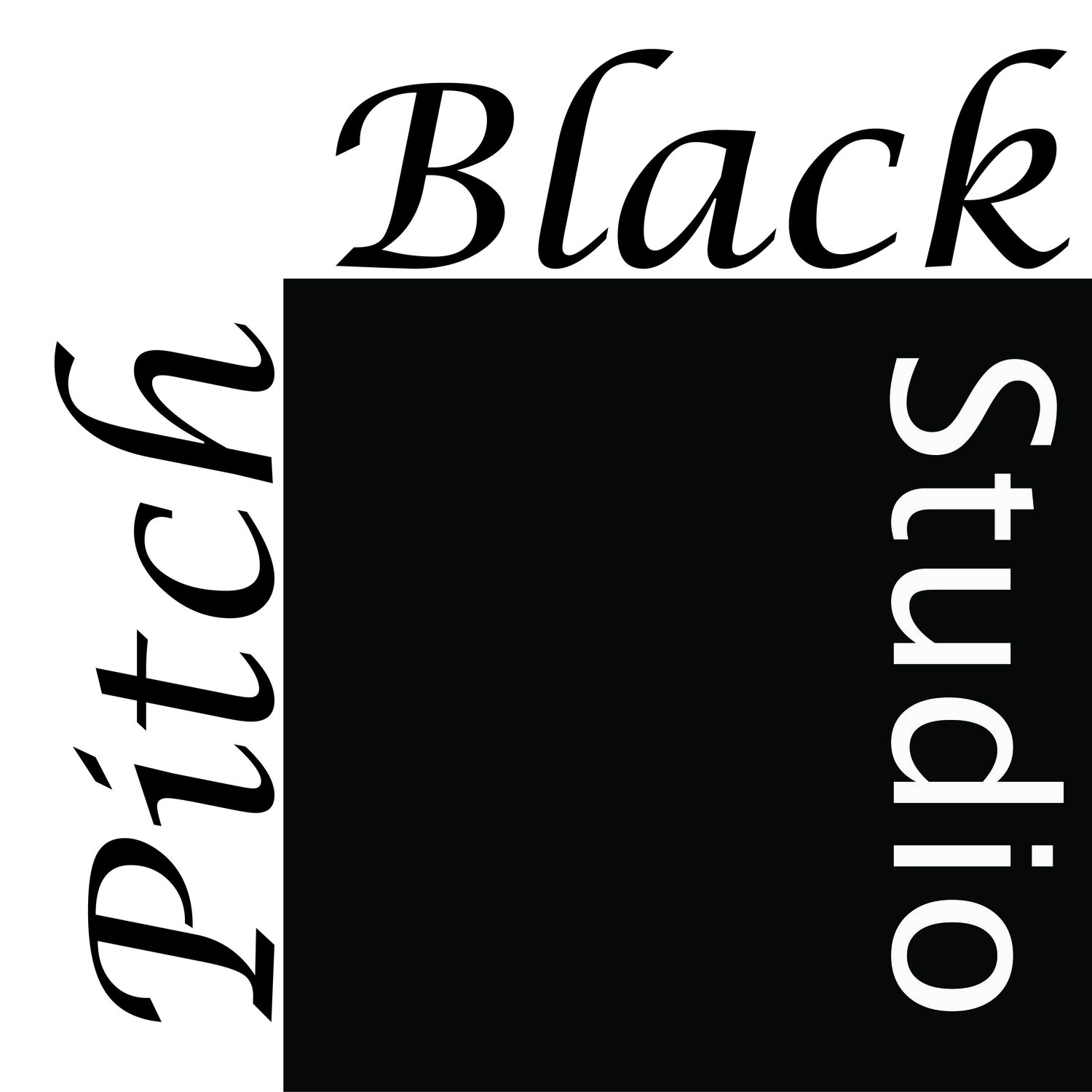Gamification: The case FOR competition
I used to teach. Grade 5, science and maths, during my time in South Africa.
I started a games club - something for them to do after school while waiting for their bus. I brought all kinds of modern games - Zombies!!!, Settlers, Carcassonne, but one game caught on, grew and dominated:
Chess.
Parson's Hill Chess club - early years
Chess? What? Why?
Chess has none of the appeal of modern games. It has no surprise, mystery, interaction nor theme. And yet I had to fundraise and source dozens of sets just to keep up with demand.
How? How can this ancient game surpass Zombies!!! in its appeal to eleven-year-olds? I mean - zombies vs pawns - should be a clear winner, right?But no. Here's what was happening:
1. Chess is generic. Kids get the idea even before they learn the rules. You move, I move, piece takes piece, somebody wins. Once the rules are learned, there are no variations. You could play Chess with anyone and it's the same game, so the 20 seconds that it takes to set up the board is all the time you need to begin playing. this is particularly important with the 201 to Greenacres due in 12 minutes.
2. We kept score. I made a chart, all the kids filled in their name on both the X and Y axis, and when they beat someone, they got to tick in their row against their opponent's column. Kids with more ticks got to put their names higher when we started a fresh page. That's it.
This started the metagame. They weren't playing Chess anymore, they were playing the chart game, with their improvement in Chess being the means to that end.
Since that day I was buttonholed regularly with a kid saying "Sah? Teach me how to be better at Chess, Sah. I want to beat Luyolo." and so I would sit and play a game with Liso or Phumelela or Andre and teach them a move or two, and they would rush off to play Luyolo.
A feedback loop started. Kids teaching each other, and game knowledge became social currency. It was play money in the metagame of the chart. Some hassled their Chess-playing parents to teach them new tricks, and these kids became socially wealthy with friends and respect when they taught each other these tricks.
The stone now rolling, we entered competition with other schools - ones with proper Chess coaches - and beat them. Entered tournaments and won. A dozen of them could beat me with skills I had never heard of. And they enjoyed playing. Couldn't close my classroom door for some kid trying to push his way in with a rook in his hand.
All because of a scrap of A4 on a classroom wall.I applied the same method in maths class. Usually drilling for multiplication de-motivates everyone, but we set up the same game each week - 12 long multiplication on dice-rolled numbers in 20 minutes or less, and charted the results.Suddenly kids who could only manage zero strived for better skills and were ecstatic when they achieved one, then three, then six.
They helped their friends, they excitedly asked me for more practice, they learned, they improved, they enjoyed. All of them.
Later, when enough were interested, they got into a better game, and took up Settlers of Catan.
The Parson's Hill games club - later years. Regan, Quinton, Darren, Qhama and Piwo.
Competition, but healthy competition, which rewards improving skills and helping each other. Not competitiveness, which involves one-upmanship to scrap for limited resources, but a structure for enthusiasm and positive growth.To this end, we have gamification of the workplace.
People are not motivated by money, they are motivated by achievement. Healthy competition is created when a measurable record is kept of what has been achieved.
One company has a bear to sit on the desk of the person who made the best contribution towards safety. Another office features a wall of pictures upon which stickers can be added according to their role in a successful project.At home, there is Chore Wars, a program which rewards householders with experience points for their avatar for household duties.And so the meta-game begins! Cleaning, safety, paperwork are not games, but keeping score of people's achievements propels them to contribute more and to help each other do better.
Your office can do the same. Can be happier, more productive and, if you like, cleaner.
Just keep score.



